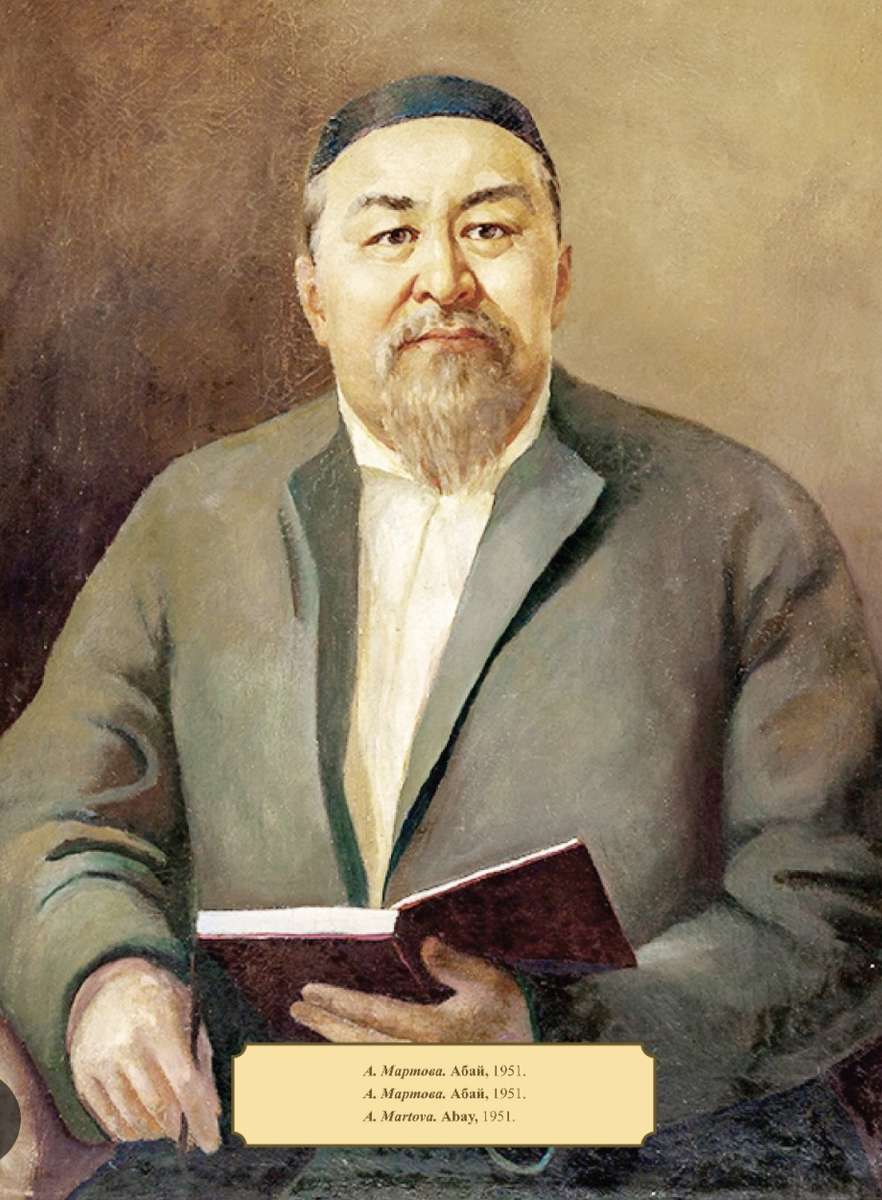
1891
According to a Kazakh proverb:
“The source of success is unity, and of well-being — life”.
Yet what kind of people are they who live in unity and how do they achieve such accord? The Kazakhs are quite ignorant on this score. They think that unity resides in the common ownership of livestock, chattels and food. If this were so, then what use wealth and what harm in poverty? Would it be worthwhile working hard to grow rich without first getting rid of one’s kith and kin? No, unity ought to be in people’s minds and not in communal wealth. It is possible to unite people of different origin, religion and views simply by giving them an abundance of livestock. But achieving unity at the price of cattle — that’s the beginning of moral decay. Brothers ought to live in amity not because one is dependent on another, but by each relying on his own skills and powers, and his own destiny. Otherwise they will forget God and find no worthy occupation, but will scheme and plot against each other. They will sink to recrimination and slander, they will cheat and deceive. Then what kind of unity could there be?
“Life is the source of well-being…” What kind of life is meant here? Just existing in order to keep body and soul together? But even a dog is endowed with such an existence. He who treasures such a life, who is plagued by the fear of death, becomes an enemy to life everlasting. Fleeing for his life from the foe, he will be known as a coward; shirking work, he will pass for a ne’er-do-well, he will become an enemy of the good.
No, what the proverb refers to is another kind of life. One that keeps the soul alive and the mind clear. If your body is alive but your soul is dead, words of reason will not reach you, and you will be incapable of earning your living by honest work.
A loafer and a sycophant,
A hanger-on and an impudent fellow,
Valiant in his looks but craven in his heart,
Has no sense of shame…
If you are like that, do not imagine yourself to be alive. A righteous death will then be better than such an existence.
